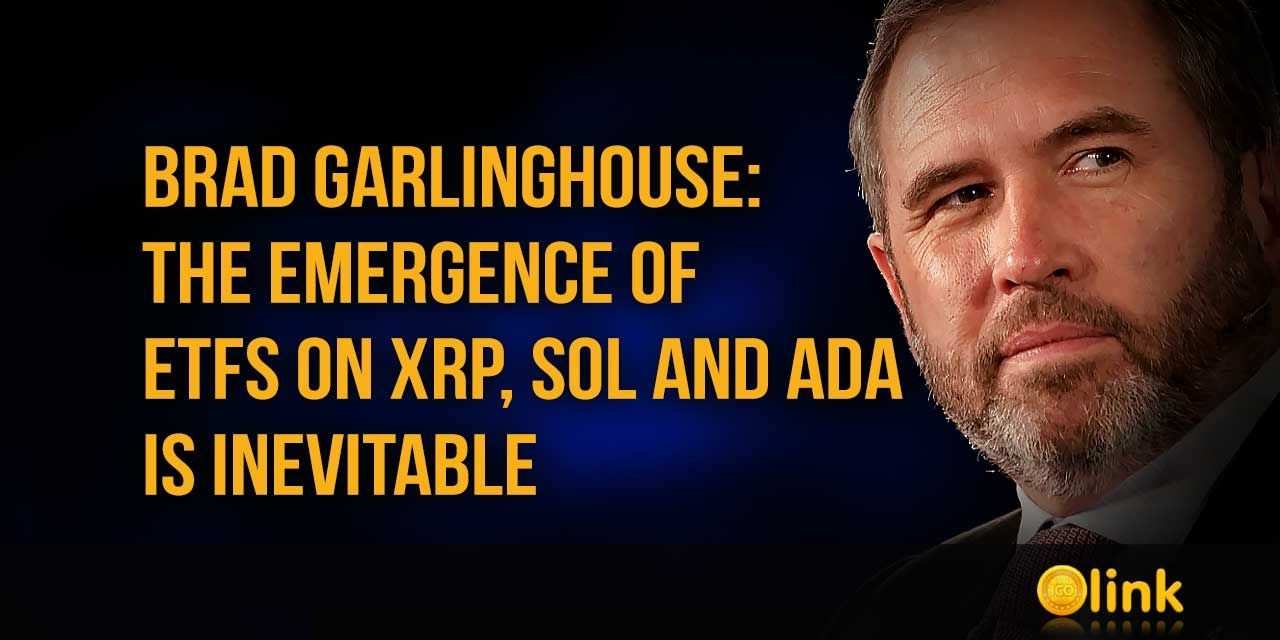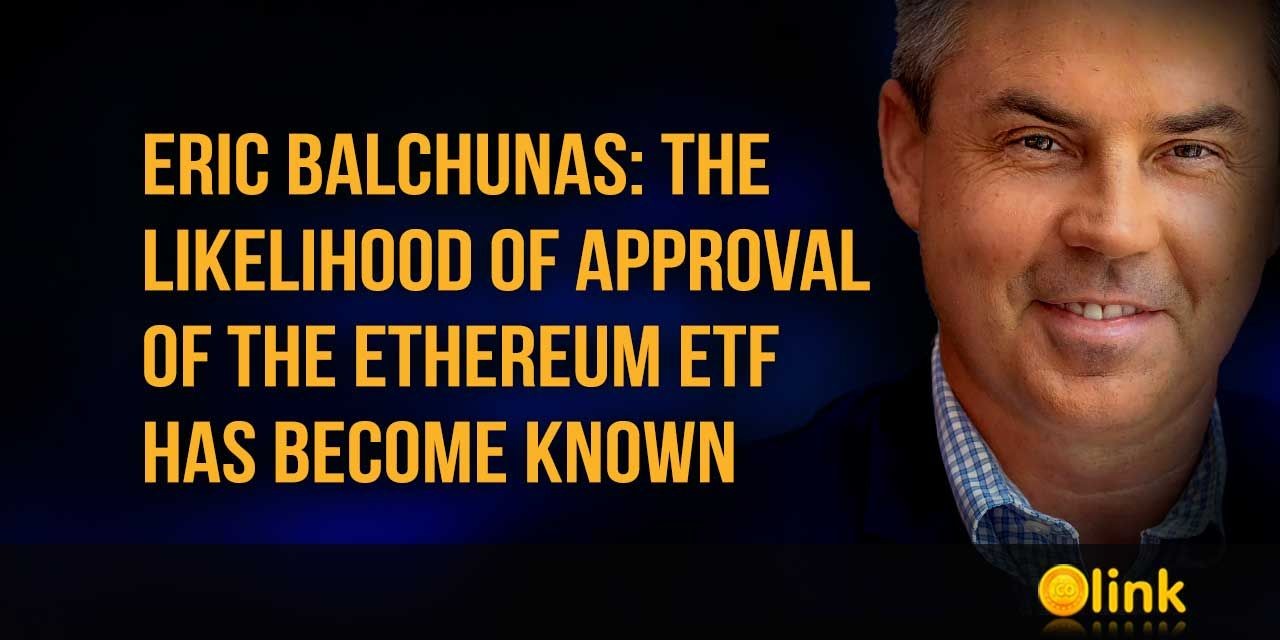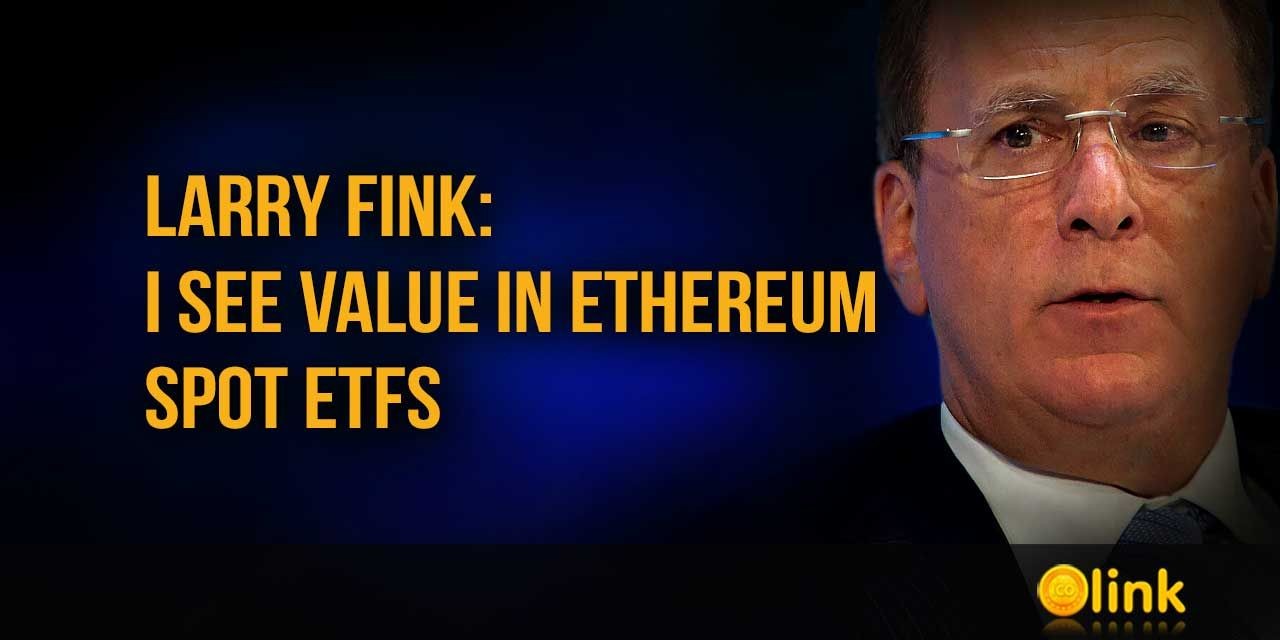ethereum etfs
Here you will find all posts tagged ethereum etfs
About ethereum etfs ℹ️
Ethereum ETFs (Ethereum Exchange-Traded Funds ETFs) are investment vehicles that allow investors to gain exposure to the price movements of Ethereum (ETH) without directly owning the cryptocurrency. ETFs are traded on stock exchanges, making them accessible to a wide range of investors and providing liquidity and diversification benefits. Key features and considerations of Ethereum ETFs include: Investment Structure: Ethereum ETFs typically hold physical Ethereum tokens or derivatives contracts that track the price of Ethereum. The ETF issuer manages the underlying assets, and investors purchase shares of the ETF, which represent ownership in the underlying assets. Regulatory Approval: ETFs are subject to regulatory approval from financial authorities in the jurisdictions where they are offered. Regulatory approval ensures that ETFs comply with investor protection regulations and listing requirements. Accessibility: Ethereum ETFs provide a convenient way for investors to gain exposure to Ethereum without the need to set up and manage a digital wallet or trade on cryptocurrency exchanges. Investors can buy and sell ETF shares through their brokerage accounts like they would with traditional stocks. Liquidity: ETFs are traded on stock exchanges, providing liquidity for investors to buy or sell shares at prevailing market prices throughout the trading day. This liquidity can be advantageous for investors who wish to enter or exit their positions quickly. Diversification: Ethereum ETFs offer diversification benefits by pooling investors' funds and investing in a diversified portfolio of Ethereum assets. This diversification helps reduce individual asset risk and volatility compared to holding a single cryptocurrency. Expense Ratio: ETFs charge an expense ratio, which is the annual fee deducted from the fund's assets to cover operating expenses. Investors should consider the expense ratio when evaluating the cost of investing in an Ethereum ETF. Tax Implications: Investing in Ethereum ETFs may have tax implications, such as capital gains taxes on profits from selling ETF shares. Investors should consult with a tax advisor to understand the tax treatment of ETF investments in their specific circumstances. Overall, Ethereum ETFs offer a regulated and accessible way for investors to participate in the potential growth of Ethereum while benefiting from the liquidity, diversification, and convenience of traditional stock investments. However, investors should conduct thorough research and consider their investment objectives, risk tolerance, and regulatory considerations before investing in Ethereum ETFs.







